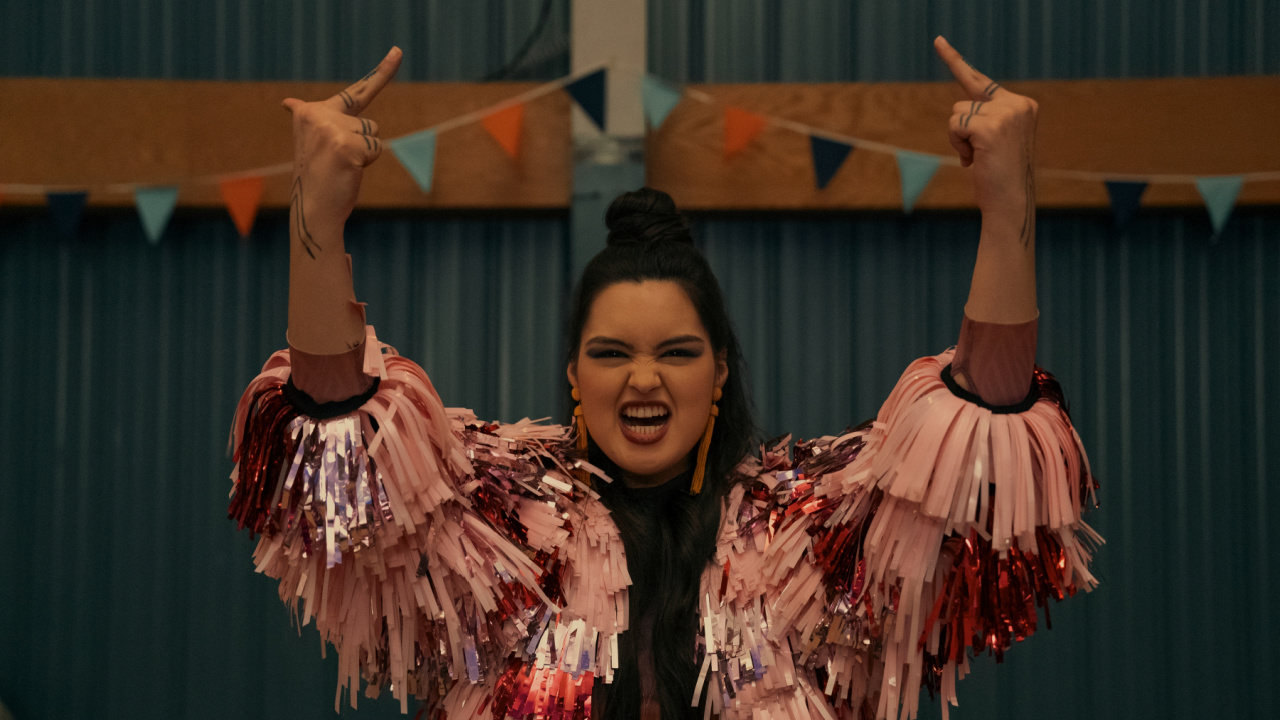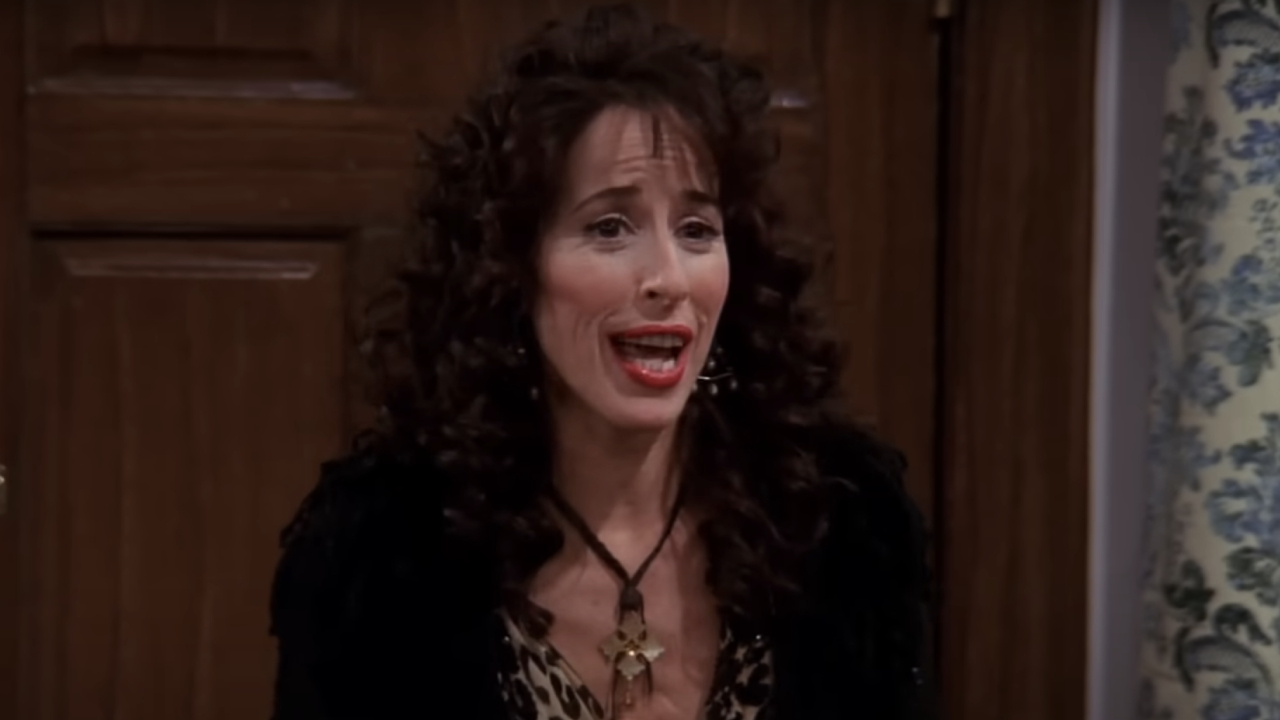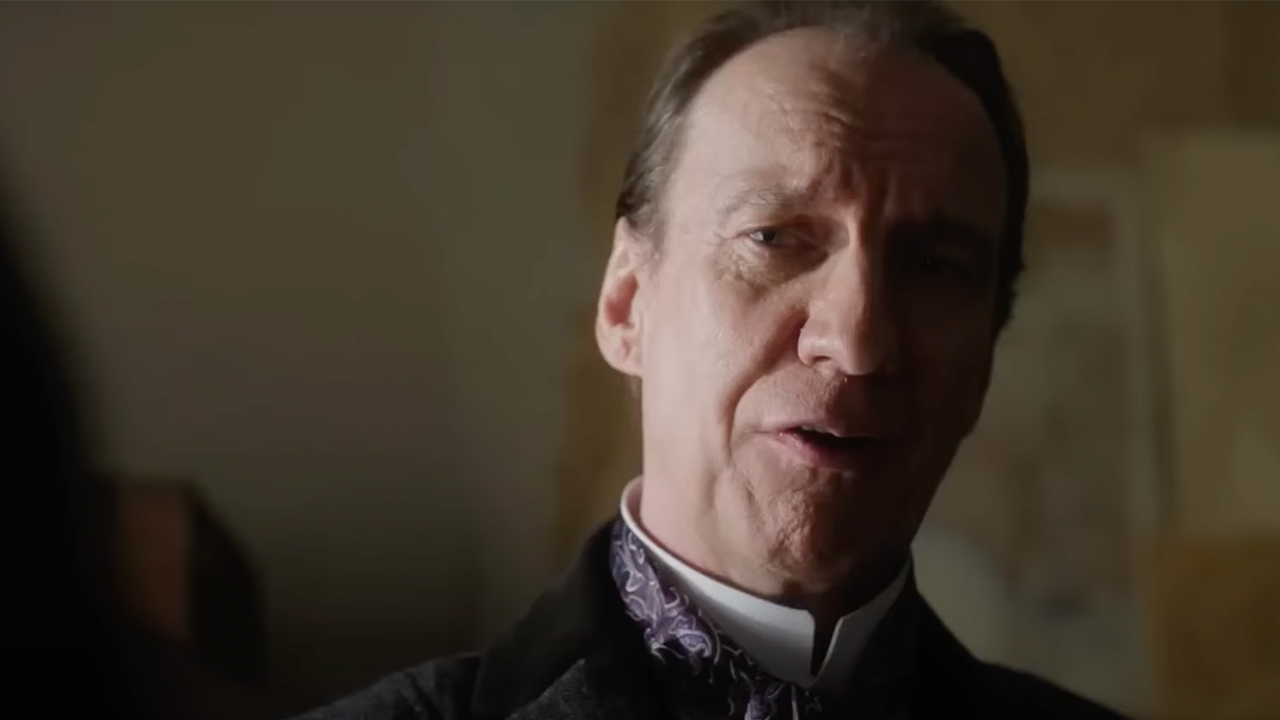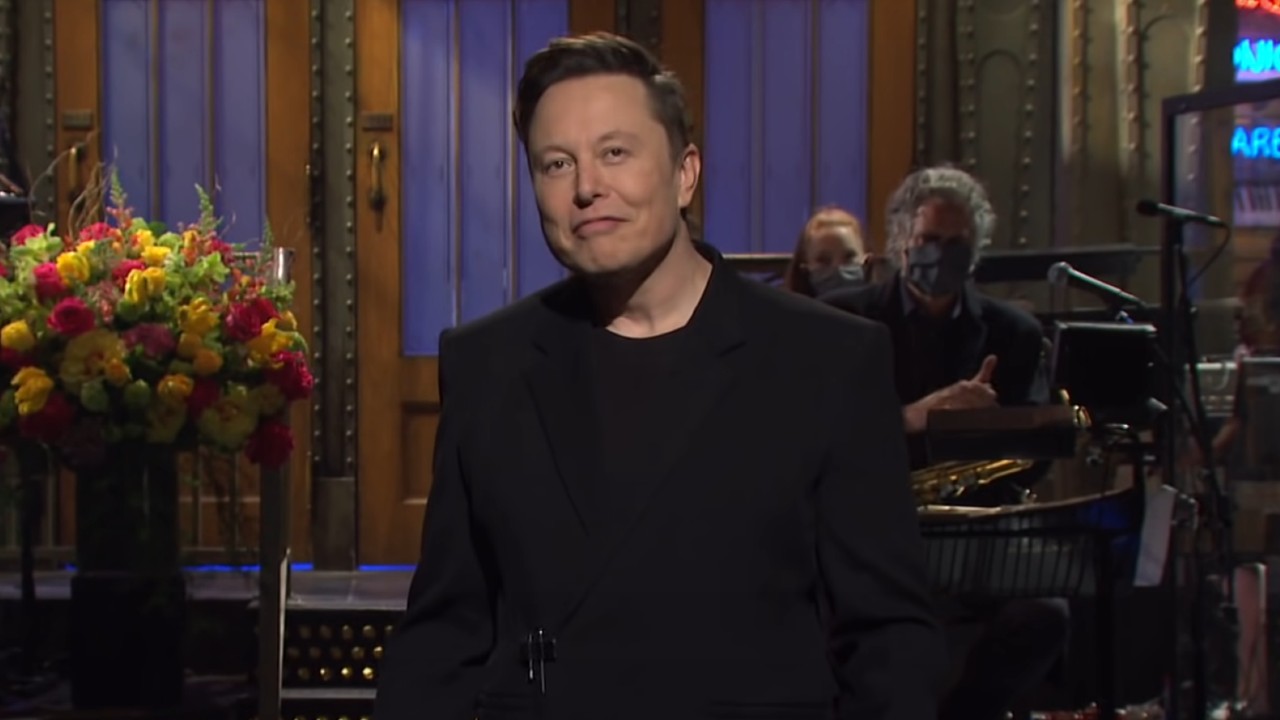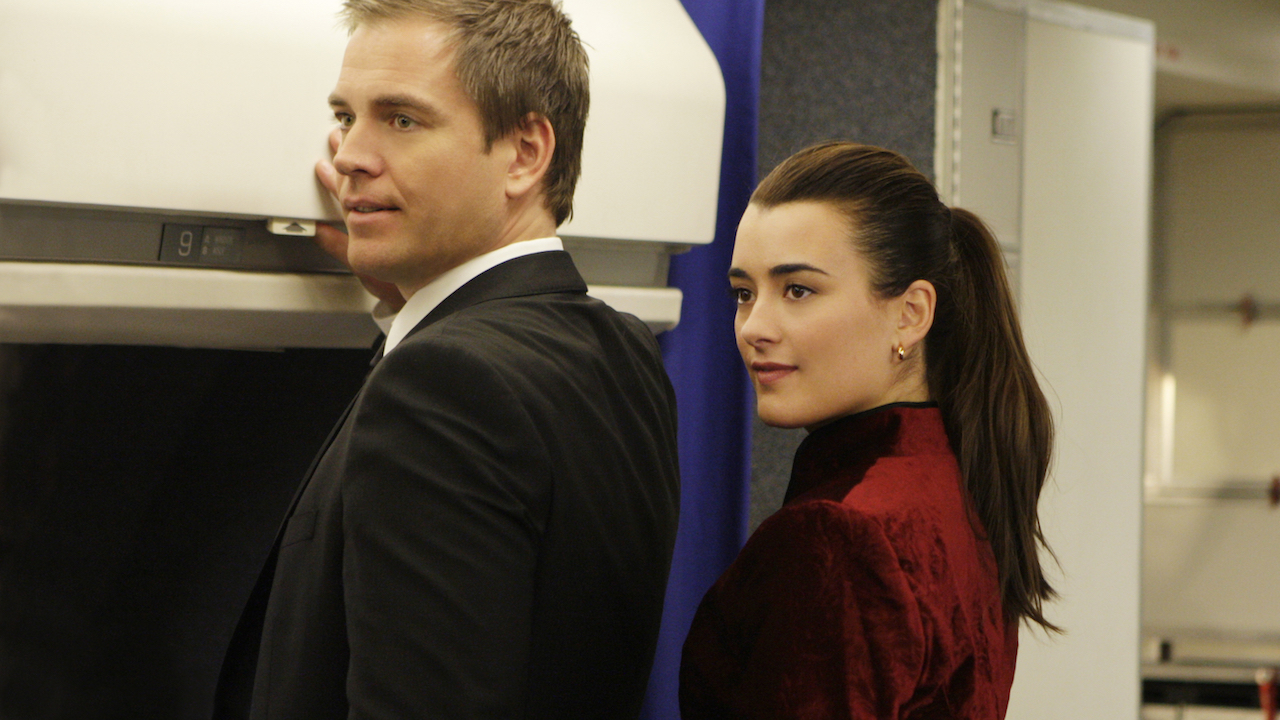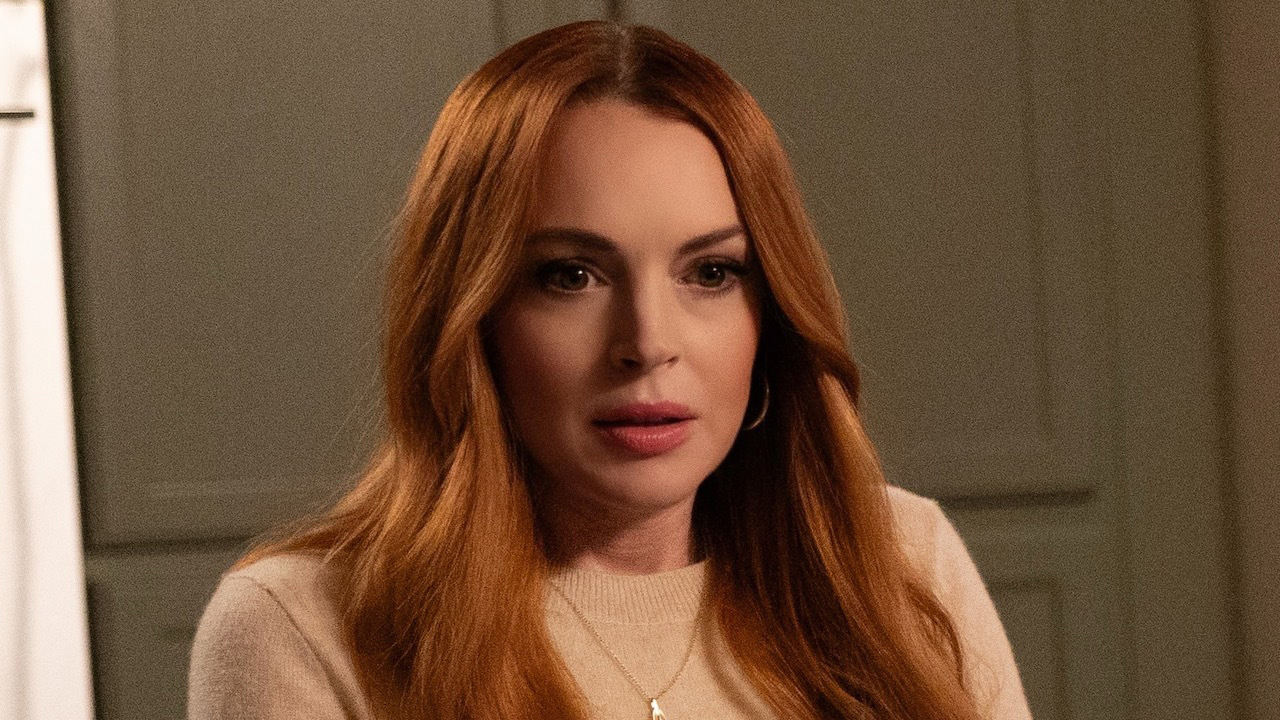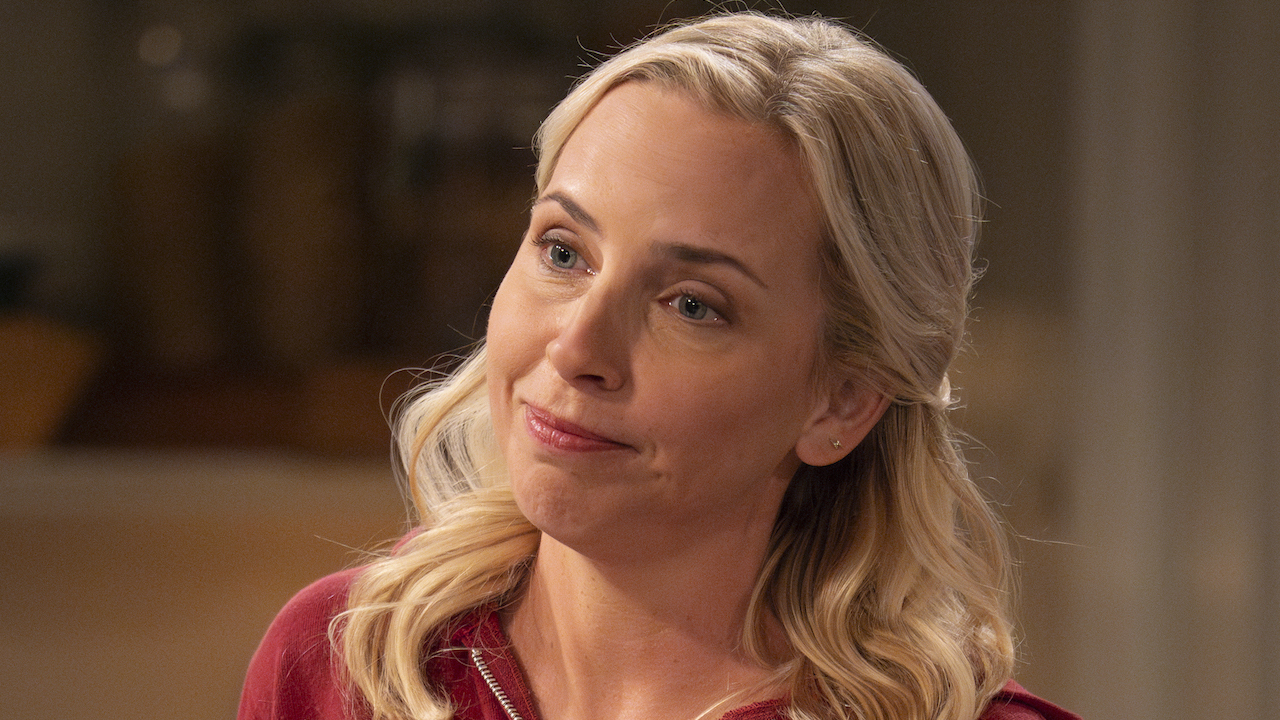How The Emmys Will Be Different Without A Host This Year
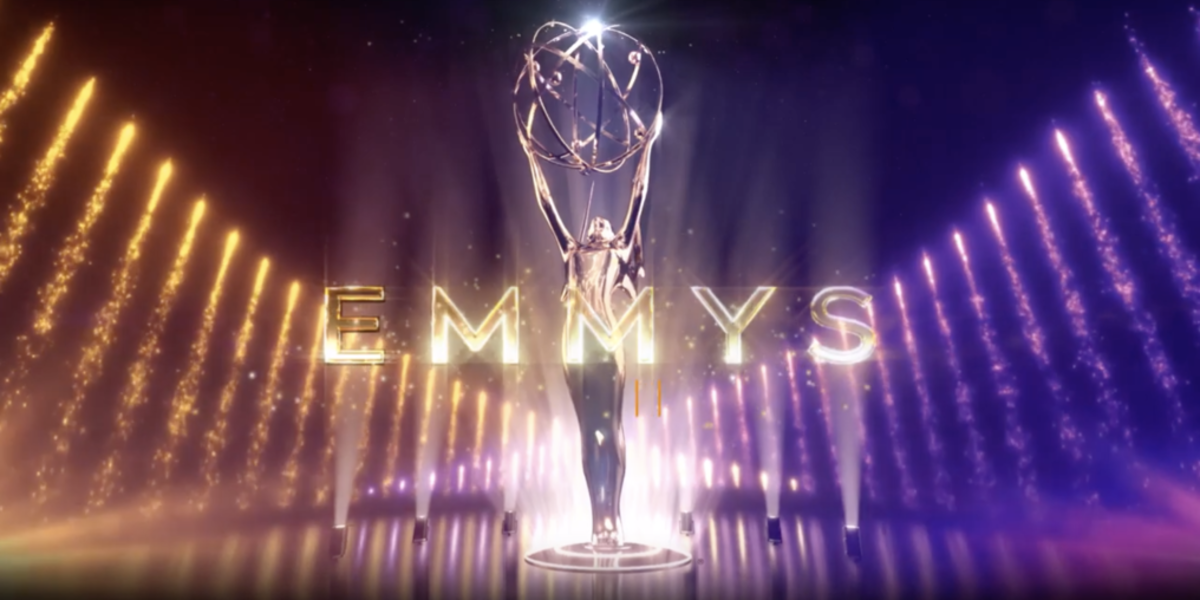
Once upon a time, it was all but inconceivable that major awards shows would hit the airwaves without a host or even two to deliver an opening monologue. Sure, it happened from time to time, but it was hardly the norm. Now, the 2019 Emmy Awards are set to broadcast later this month without a host, mere months after the Academy Awards aired without a host (and were arguably better for it). So, how will the Emmys be different without a host, when the last time it went host-less was all the way back in 2003?
Well, the absence of the opening monologue could be the biggest game-changer. By cutting the traditional opening act, the broadcast gets an extra 20 minutes for the actual awards ceremony. Those 20 minutes can provide some wiggle room as well as make it far more likely that the broadcast will end on time. Viewers who regularly tune in to the Emmys will know that the broadcast often either runs a few minutes past its scheduled end time or completely rushes the last few awards because of the time crunch.
There are always variables when it comes to a production that mostly isn't scripted, as producers don't know who will win the awards and how the winners will react ahead of time. One prime example happened during the 2018 broadcast, when Emmy winner Glenn Weiss shocked viewers, producers, and his girlfriend by proposing to her.
It was one of the moments that people couldn't stop talking (or tweeting) about from the Emmys, but it also ate up about seven minutes of a show that "was already running long," according to producer Guy Carrington. The Emmys show involves 27 awards to be handed out, which is more than any other major awards show has to show, even the Golden Globes that recognize both movies and television.
Guy Carrington addressed the big questions of how the show will begin without the opening monologue as well as how it will fill those extra minutes, saying this:
[The presenters will] do more than a little bit of patter and then throw to a nominations package. We had a discussion very early about getting into the awards as quickly as possible. You have a host, and it can be a bit hit or miss. It’s a lot of time before you give out the first award, and the awards are what we’re there for. We’re there to celebrate the content and the people who make it. We made a conscious effort to focus on that.
Hosts can be indeed hit or miss with viewers, and the jokes from the opening monologue don't always land, which can set the whole broadcast off on a lackluster start. The omission of a host and monologue mean that the Emmys will get into gear faster and start revealing what viewers actually want to know: who won and who lost.
It sounds like the presenters will have more to do than read a couple of lines off of a teleprompter before announcing the nominees, and that could be a very good thing. The show is changing its format by doing more than just cutting the monologue, though. Producers decided to divide the broadcast into five parts, with each focusing on one of the key genres being honored at the Emmys.
CINEMABLEND NEWSLETTER
Your Daily Blend of Entertainment News
2019 Emmy Nominations: HBO And Game Of Thrones Get Tons Of Attention After Final Season
Those five genres are comedy, drama, limited series, unscripted, and variety. That's likely not the order in which the genres will be presented, though, even if it is alphabetical. The 2019 broadcast may seek to stick with the tradition of leaving the big drama announcements until the end. If you're watching specifically to find out if Better Call Saul wins some of the categories it's nominated in, you may be waiting a while night of.
Unscripted and variety are probably the least buzzworthy of the genres, so I'm guessing they'll be placed somewhere in the middle. Maybe starting with comedy would be a good way to make up for the omission of the usually joke-heavy monologue!
Producer Don Mischer, who joined Guy Carrington to chat all things Emmys with Variety, said this about the split into genres:
We want the first presenters to come out and talk about the significance of those particular genres of television in the past season.
All things considered, the 2019 Emmys might be more fun for viewers than an Emmys broadcast featuring a host. Instead of a monologue and then presenters rushing through just naming names, the presenters will linger on the genres and why they're important. Viewers who haven't necessarily watched all the shows in all the genres may end the night with a greater understanding of more than who the people from Game of Thrones want to thank.
The 2019 Emmys will also set aside some time to celebrate some of the biggest shows that came to an end in the 2018-2019 TV season, including The Big Bang Theory (which the CBS boss thinks deserved more "respect" from the Emmys), Game of Thrones (which could take claim a whole lot of trophies before the night is over), Veep, and more.
Basically, it sounds like the 2019 broadcast will be as organized as is possible for a live broadcast packed with variables. Don Mischer summed up the importance of the changes quite simply, saying this:
When you go past 11, I don’t care who’s on that stage or what they’re doing, people turn you off. That really affects the overall ratings and success of the show. We have to keep that in mind.
If the producers have anything to say about it, the 2019 Emmys will end promptly at 11 p.m. ET, no matter what curveballs are thrown during the broadcast. We'll have to wait and see how well the host-less show works out. This won't be the first time that the Emmys have aired without a host; this was also the case back with the 1975 broadcast on CBS, the 1998 broadcast on NBC, and the 2003 broadcast on Fox.
You can catch the 2019 Emmys on Sunday, September 22 at 8 p.m. ET on Fox. Fall TV season will be packed with shows that could be scoring nominations for next year's Emmys, and you can find your many options on our 2019 fall TV premiere schedule.

Laura turned a lifelong love of television into a valid reason to write and think about TV on a daily basis. She's not a doctor, lawyer, or detective, but watches a lot of them in primetime. CinemaBlend's resident expert and interviewer for One Chicago, the galaxy far, far away, and a variety of other primetime television. Will not time travel and can cite multiple TV shows to explain why. She does, however, want to believe that she can sneak references to The X-Files into daily conversation (and author bios).
